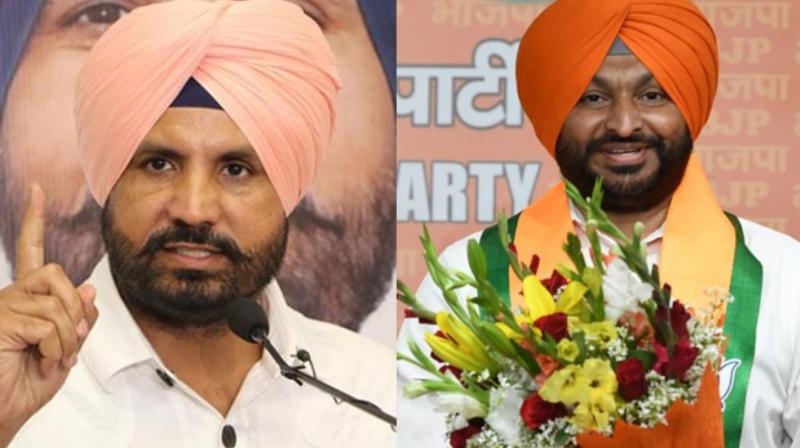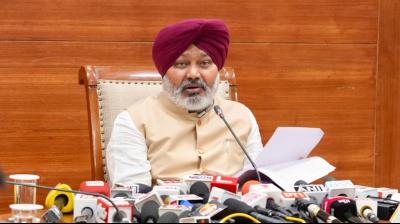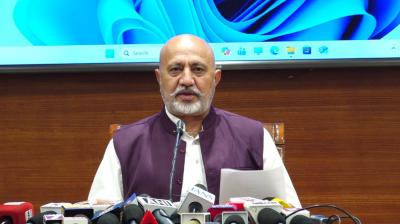
Critics interpreted his remarks as a display of inferiority and disregard toward women.
If Punjab Pradesh Congress President Amarinder Singh Raja Warring is facing backlash over comments made about his wife, then he has likely brought this controversy upon himself. While campaigning for his wife, Amrita Warring, in the Gidderbaha assembly constituency, he humerously complained at a public gathering: “What can I do? She leaves home at six in the morning applying Surkhi Bindi and returns at 11 at night. She has left my work. Find me a ‘langari’... Then we can go to weddings, bhogs, jagratas... everywhere.” While Warring may have intended these words humorously, it didn’t take long for critics to seize upon his seemingly outdated, male-dominated mindset.
Critics interpreted his remarks as a display of inferiority and disregard toward women. This perspective remains valid regardless of Amrita Warring’s own view of the comments or how “harmless” some may find them.
The first to express objections was Union Minister of State for Railways, Ravneet Singh Bittu, who labeled these remarks “disrespectful” to working women. He argued that leaders like Warring fail to acknowledge women’s progress, continuing to see them merely as homemakers, responsible for child-rearing, cooking, and maintaining the household.
The significant contributions working women make to their families and society are trivialized by leaders in such supposedly “humorous” comments. Though Bittu’s statements might be seen as political opposition, the truth in them cannot be easily dismissed—not even by Amrita Warring herself. Women’s struggles and achievements should not be reduced to punchlines.
Women make up 51 percent of the global population, and despite political, social, economic, and family barriers, they continue to prove themselves equal to men in every field. Yet, dismissive attitudes like “making headlines” or “neglecting work” reflect a lingering insecurity in men. These phrases symbolize an unwillingness to view women as fully autonomous individuals.
Raja Warring is a member of a political party (Congress) that gave India its first female Prime Minister, Indira Gandhi, and one of its longest-serving Congress Presidents, Sonia Gandhi. With such a legacy, one would expect a leader like Warring to be mindful of his words.
As this controversy unfolds, it may serve as a timely reminder for politicians and public figures to exercise restraint and respect when speaking about women, and to recognize the invaluable role women play in both public and private spheres.














